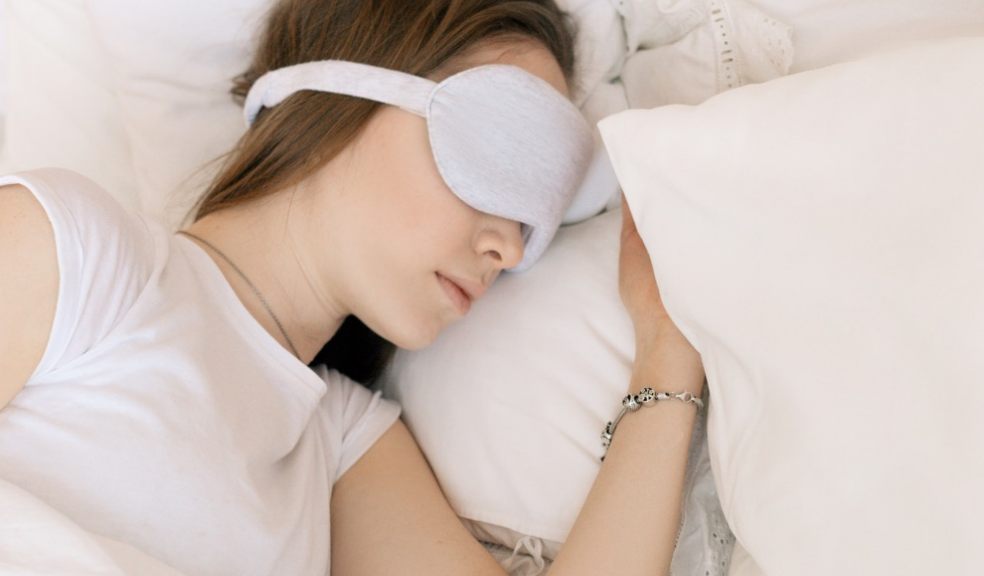
How to Get a Better Night’s Sleep: A Guide
A good night’s sleep, every night, is an essential part of life, and for some people, it can be the simplest thing. They manage to drift straight off to sleep when their head hits the pillow. For others, however, the prospect of a good night’s sleep can be a constant battle. Those who find themselves tossing and turning, unable to sleep due to racing thoughts, or those who find themselves unable to get into a healthy sleep and wake pattern may begin to experience consequences. At best, a bad night’s sleep can leave you feeling less than your most productive; at worst; it can mean further health implications.
The Importance of a Good Night’s Sleep
Failing to get a proper night’s rest results in a lot more than simply feeling tired. While suffering through exhaustion throughout the day is difficult enough, prolonged sleep deprivation can lead to a number of health problems. A good night’s sleep is vital for a healthy, functioning mind and body. Without it, you can run the risk of health problems such as a compromised immune system and weight gain.
Failing to get a good night’s sleep also makes it more likely that you’re going to avoid healthy exercise or healthy eating if you don’t have enough energy to take better care of yourself throughout the day.
How to Get a Better Night’s Sleep
Looking to improve your sleep habits? Here are some ideas that might help.
Set the Scene
Your mind and your body can be affected by your environment. Optimising your bedroom for sleep will help you to drift off more easily. To ensure this, think about practical features you can implement into your bedroom. This could be blackout blinds or curtains, which can prevent bright sunlight from waking you up. This could also be avoiding television or any other technology in your bedroom so that your mind focuses only on sleep and relaxation when you’re in the room.
Building on this, you can then implement any features that help you relax and set a more tranquil environment. This might be scented candles or lamps instead of harsh overhead lights. It could also be introducing soft furnishings around the room to give it a softer look and feel.
Read a Book Before Bed
If you struggle to drift off, then reading a book before you go to sleep may help your eyes and mind to feel more tired. Reading a book in bed before sleep can be preferable to watching TV or scrolling through your phone so that you can avoid staring at a screen. Even if you only read for half an hour or so once you’re settled in bed, this may help you to feel more relaxed and allow your eyes to feel more ready to close.
Invest More in Your Mattress and Bedding
Your bed and mattress are such important investments in your lifetime. Your mattress is one area that you should always consider spending a little more on to get the perfect fit for you. Your mattress and bed can make all the difference to your night’s sleep, and sometimes, it may only be the mattress that is keeping you awake if it’s not the right firmness for you or too uncomfortable.
Furthermore, the correct mattress can help your health in other ways, such as being more supportive for your spine health or even hypoallergenic.
Replacing an old mattress for a new one is highly recommended if your mattress is old and if you’re finding it uncomfortable to sleep on. Many people avoid investing in a new mattress due to the cost or the prospect of getting rid of the old one, but it’s worth it if it means you can find the perfect mattress firmness for you and can therefore guarantee a comfortable night’s sleep. You can also easily arrange for your old mattress to be collected so that it isn’t a hassle; Rubbish Cleared are a professional rubbish clearance company based in Bromley who can collect your old mattress from your home.
Control Your Lighting Levels
The human body understands light levels and daylight hours and reacts to them accordingly. Having a healthy relationship with light levels throughout the day will help your body and mind better prepare for sleep. Try to expose yourself to natural or bright light during the day as much as possible. During the evening, use low lighting or make sure your bedroom isn’t filled with bright light so that your mind knows that it’s preparing for sleep during nighttime hours.
Take More Care with What You Consume in the Evening
Be more mindful about your food and drink schedule in relation to the time you wish to go to bed. Eating early enough in the evening so that your body has time to digest your food will help you to feel ready for sleep when bedtime comes. Also, be sure to avoid any highly caffeinated drinks close to your bedtime. Having a cut-off point for when you want to stop eating and drinking will help you to feel more relaxed when it’s time to sleep, as your body won’t feel full or busy digesting food.
Stick to the Same Sleep Schedule Everyday
Your natural body clock will be in tune with when you usually sleep and when you usually wake. Constantly disrupting your body clock or changing the time of sleep will make it more difficult for you to get into a healthy sleep routine. Try to go to bed at the same time every night, and wake up at the same time so that you can get into a healthy sleep-wake rhythm. You may even want to avoid long lie-ins at the weekend so that your body clock can remain consistent, and you, therefore, may find it easier to fall asleep.
Try These Tips to Get a Better Night’s Sleep
Finding the right routine for you may require some trial and error, but make sure to try different techniques to help you relax.













